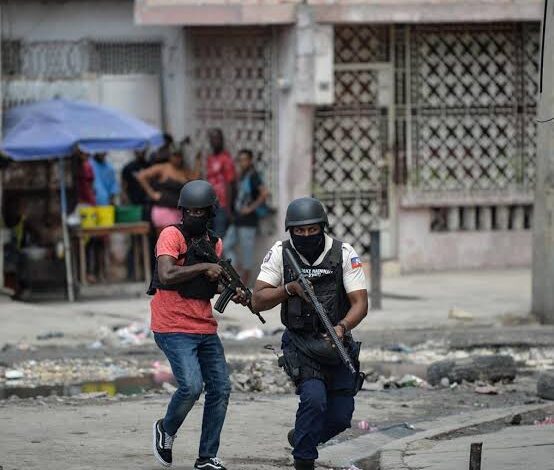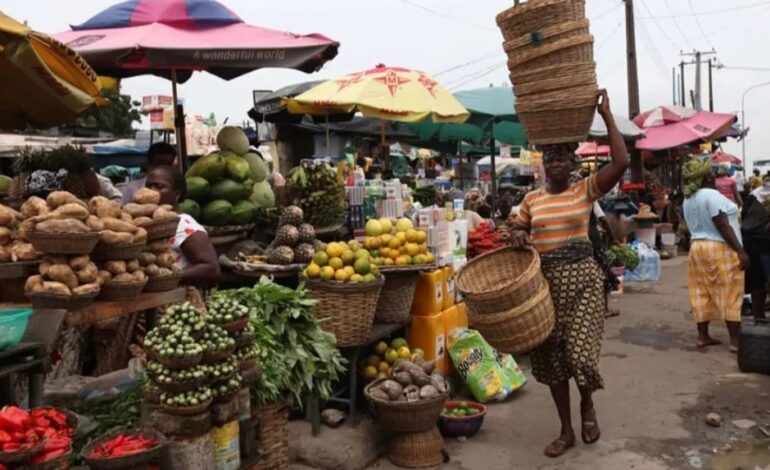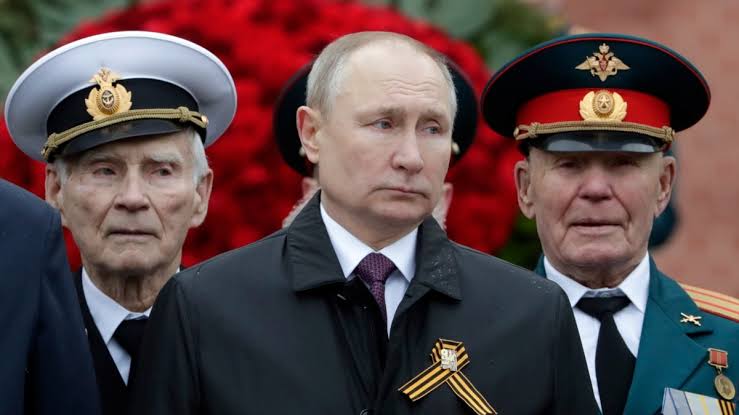
Faith Nyasuguta
Civilian contractors have touched down in Haiti, marking the beginning of infrastructure development for a Kenyan-led international security force aimed at quelling gang violence in the Caribbean nation, according to statements from the US military’s Southern Command.
The creation of the Multinational Security Support mission, endorsed by the UN Security Council in October, signals a concerted effort to bolster Haitian law enforcement in reclaiming territories wrested by powerful gang alliances, predominantly controlling the capital, Port-au-Prince.
Last July, Kenya committed to leading the force with a pledge of 1,000 officers. However, this deployment has encountered several setbacks, including legal challenges and a surge in violence culminating in the resignation of Prime Minister Ariel Henry in March.
Kenyan President William Ruto recently indicated progress, expressing confidence following the establishment of a transition council in Haiti on April 25. Discussions are now underway to determine the best course of action for deployment.
Between May 3 and May 5, US military aircraft ferried civilian contractors to Haiti to oversee the delivery of essential equipment and supplies. These contractors are tasked with setting up temporary living quarters in preparation for the imminent arrival of the Multinational Security Support Mission.
In addition to Kenya’s commitment, several other nations, including Jamaica, the Bahamas, Barbados, Benin, Chad, and Bangladesh, have pledged personnel to bolster the multinational force.

The Kenyan contingent, regrouping this week following the announcement of deployment delays in March, is actively preparing for their deployment. Despite assurances from a Kenyan government spokesperson that deployment is progressing as planned, the exact timeline remains unclear.
However, foreign governments have shown some reluctance to fully participate in the mission. This hesitation may stem from lingering concerns among Haitians regarding international interventions, particularly given the checkered history of previous UN missions.
These missions have been marred by allegations of misconduct, including the spread of a devastating cholera epidemic and reports of sexual abuse scandals, leaving many Haitians wary of external involvement in their country’s affairs.
As preparations for deployment continue and diplomatic discussions evolve, the international community closely monitors developments in Haiti, hoping for a resolution that effectively addresses the pervasive issue of gang violence while respecting the sovereignty and aspirations of the Haitian people.
RELATED:




